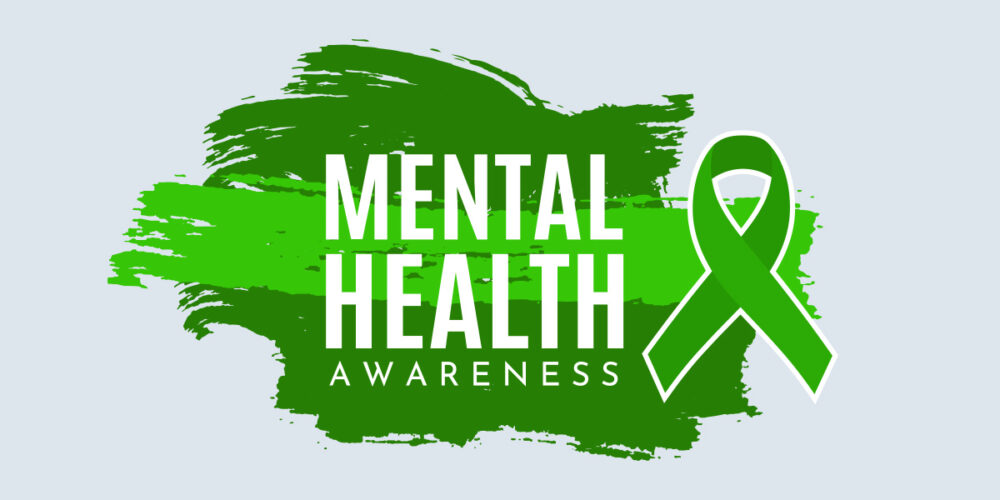Many industries that we serve at Columbia Southern University are impacted by the mental health challenges faced by their employees. First responders, including firefighters or EMTs, are exposed to adversity and traumatic events on a daily basis. Even those who do not work in emergency response can have high levels of stress debilitating enough to cause serious long-term side effects on their health.
In honor of Mental Health Awareness Month in May, we have curated four of our most visited articles related to this important topic on The Link.
The relationship between job conditions and mental health has gained attention, and this growing awareness is especially important in high-stress jobs like those in EMS. The high demands that EMS professionals face on a daily basis, the stresses of understaffing, and the nature of emergency medical response work has led to greater stress on the job. Read more.
While mental health issues have always been a challenge for many, the increased understanding and diagnosing of various conditions has illustrated the need for proactive prevention, intervention and treatment. Like many other areas of health care, mental health treatment has attracted significant attention from the tech industry, with new tools and technologies being developed and tested to better assist providers and patients. Read more.
When emergency medical services professionals respond to calls for help, there is always an element of the unexpected. In some cases, a call is a known or suspected behavioral health emergency, but there are other times when behavioral health issues appear only after EMS professionals arrive and assess the situation. Read more.
The ability of many firefighters to handle traumatic situations without any obvious signs of PTSD has long interested and confounded psychologists. Clearly, there is something that allows some people to respond to traumatic situations on a regular basis, but what is it? Read more.
The Department of Continuing Education at CSU has developed courses for professionals seeking additional mental health education including the CE 2004: Stress Management, CE 1113: Mental Health of Safety Professionals and the Behavioral Health Technician Certificate (BHT 1001-1004).
For a full list of available courses, updates and enrollment information, visit ColumbiaSouthern.edu/CE.
Disclaimer: These testimonials may not reflect the experience of all CSU students.
Multiple factors, including prior experience, geography, and degree field, affect career outcomes.
CSU does not guarantee a job, promotion, salary increase, eligibility for a position, or other career growth.










